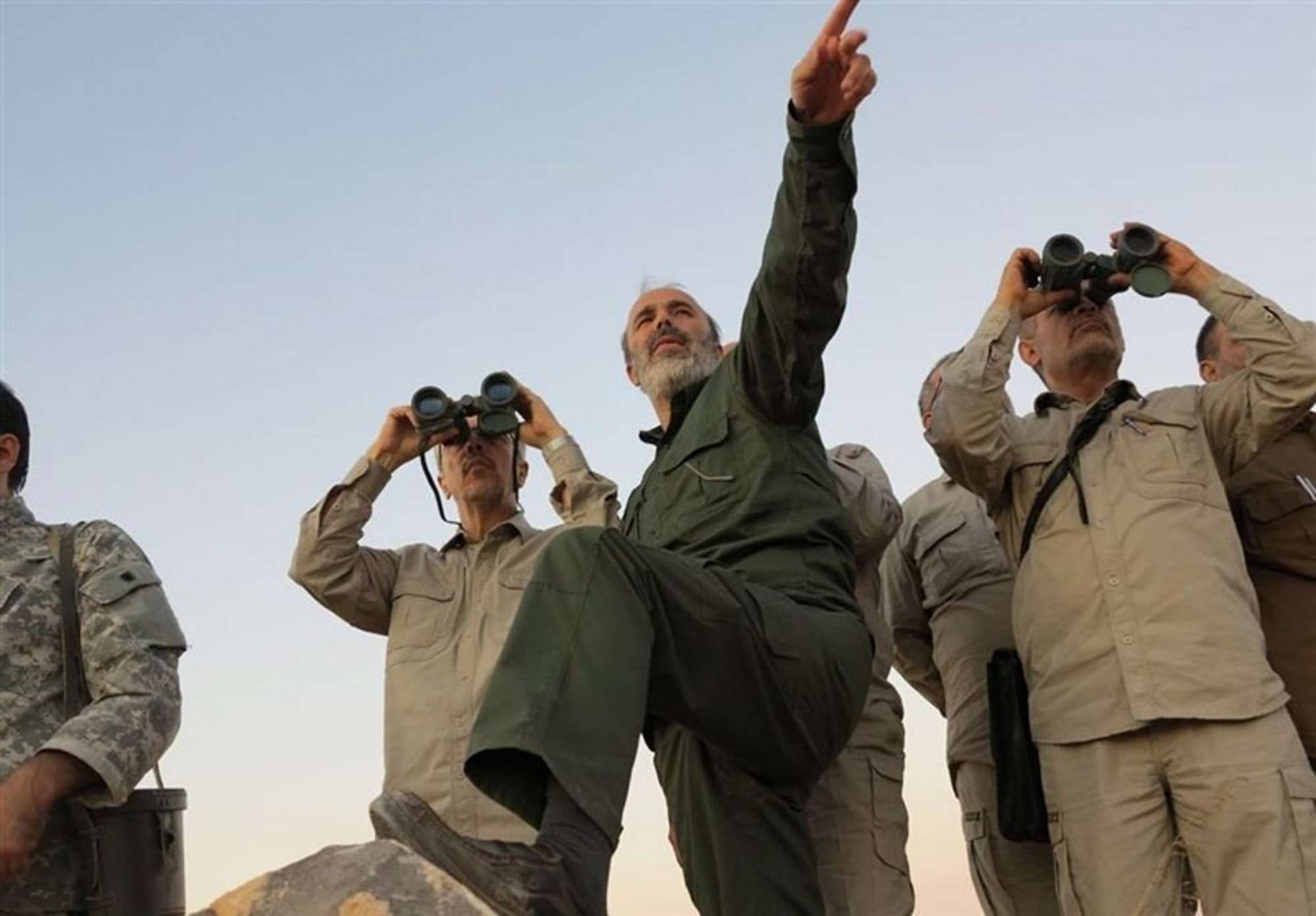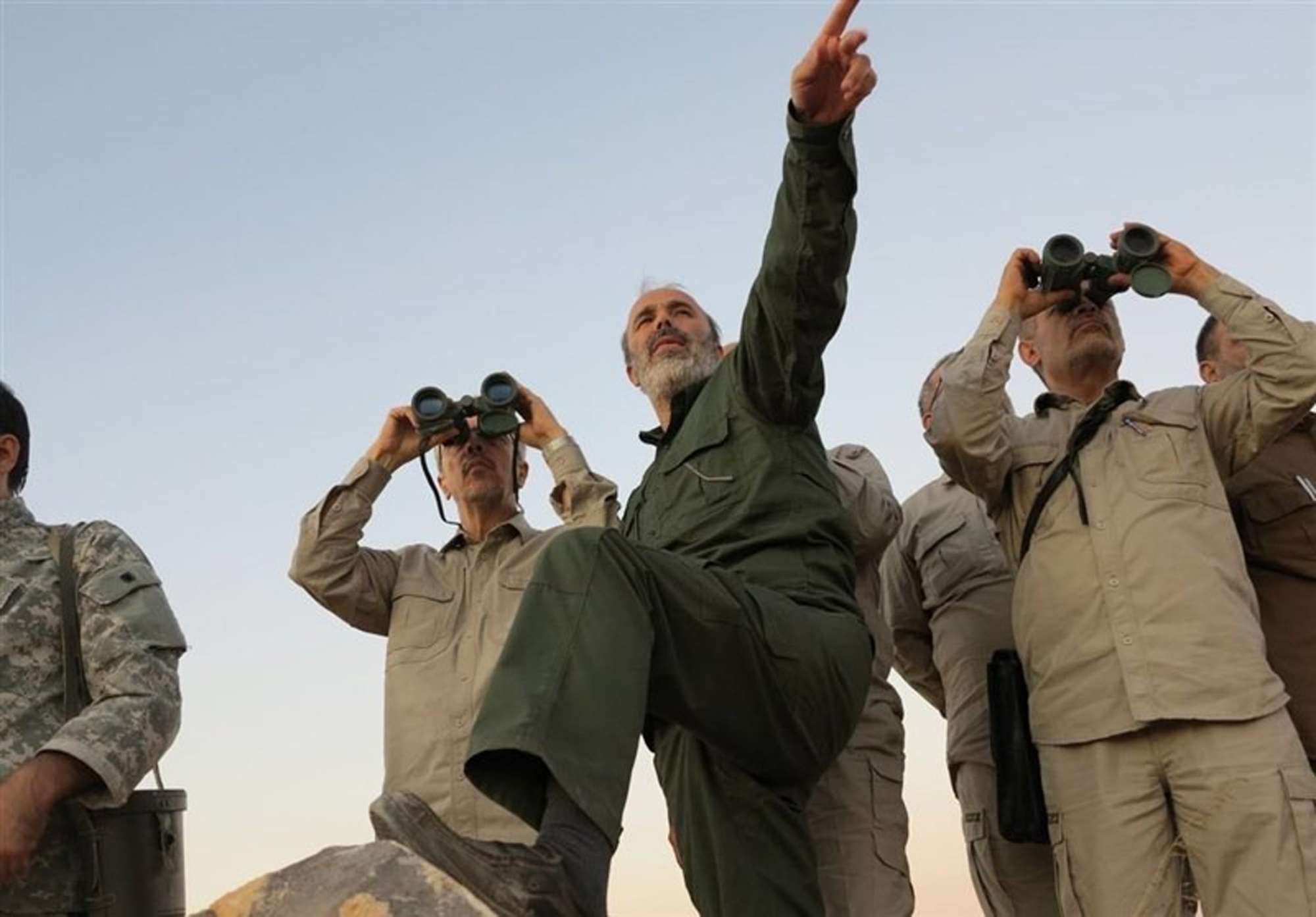Is a major Iran-Israel confrontation in the cards?
The plot involving Iran and its nuclear programme is thickening as the possibility of a new war in the Middle East involving the region’s two strongest countries — Israel and Iran — looms.
The outcome of such a conflict would be devastating for all sides, including the United States, which may find itself in a direct confrontation with Russian troops.
As US President Donald Trump said he planned to pull the United States out of the agreement signed by his predecessor and a cluster of European, Russian and Chinese leaders and Tehran, Israeli Prime Minister Binyamin Netanyahu seemed to hammer the final nail into the Iranian nuclear coffin.
Trump accuses the Iranians of not respecting the agreement and of pursuing their long-time dream of becoming a nuclear power.
To be sure, the Iranians have tried to obtain the components for the bomb they are hoping to develop or just outright purchase. As much as Pakistan would like to get the bonus check from Iran, pro-al-Qaeda officers in Pakistani intelligence services know full well what the United States could do to hurt them individually and collectively if it found out Pakistan had delivered a nuke to Iran.
Tempted as they may have been by ideology shared with fellow Muslims and by the possibility of personal financial gains, the Pakistanis who could have sold off a nuke or two to Iran smartly resisted the temptation.
Kazakhstani President Nursultan Nazarbayev refused lucrative offers from Iran and Saudi Arabia, informed sources in Astana said. Kazakhstan found itself sitting on an important nuclear stockpile after the disintegration of the Soviet Union and prior to discovering large deposits of oil and natural gas.
Nazarbayev opted to have his nuclear weapons destroyed by the United States. While the Americans did compensate Kazakhstan, it earned a lot less money than it could have through a direct sale.
In a televised presentation April 30, Netanyahu displayed what he claimed were thousands of Iranian files and documents revealing secret nuclear plans. While this is not exactly news, it adds pressure on Trump to scrap the deal with Iran.
Indeed, Iranian opposition groups such as the People’s Mujahideen of Iran (MeK) provided meticulous details more than a decade ago. Thanks to its sources inside Iran, the MeK continues to provide the West with extremely accurate details of Iran’s nuclear progress. The intelligence provided by the Iranian opposition group includes maps of secret locations, installations, photographs and video footage of extremely secretive and sensitive installations. The MeK also delivered names of scientists — along with photographs and home addresses — involved in Iran’s nuclear programme.
Iran called Netanyahu “the boy who cried wolf,” saying confrontation with it after recent conflicts between Israeli and Iranian proxy forces in Syria had further pressured the United States to pull out of the 2015 nuclear deal.
There is no “smoking gun” that proves Iran violated the agreement in Netanyahu’s claims. In fact, most of the purported evidence unveiled by the Israeli prime minister dated to before the 2015 accord was signed, although Iran had added to its “nuclear weapons knowledge.”
“Iran’s leaders repeatedly deny ever pursuing nuclear weapons,” said Netanyahu, as he stood in front of stacks of files he described as a vault full of Iranian nuclear documents.
“Tonight, I’m here to tell you one thing: Iran lied,” Netanyahu said. “Iran lied about never having a nuclear weapons programme. One hundred thousand secret files prove it did. Second, even after the deal, Iran continued to preserve and expand its nuclear weapons knowledge for future use.”
Speaking in English while being broadcast on Israeli television, it was clear who Netanyahu’s target audience was.
French Ambassador to the United States Gerard Araud tweeted that information about Iran’s past nuclear activity is reason to keep the nuclear deal, not scrap it, as Trump has said he intends to do.
In Tehran, a senior Iranian Foreign Ministry official was quoted by Iran’s Tasnim News Agency as calling Netanyahu’s presentation “a childish and ridiculous game” with the goal of influencing Trump’s decision ahead of the May 12 deadline. As we said earlier, the plot thickens.
This article was originally published in The Arab Weekly.







